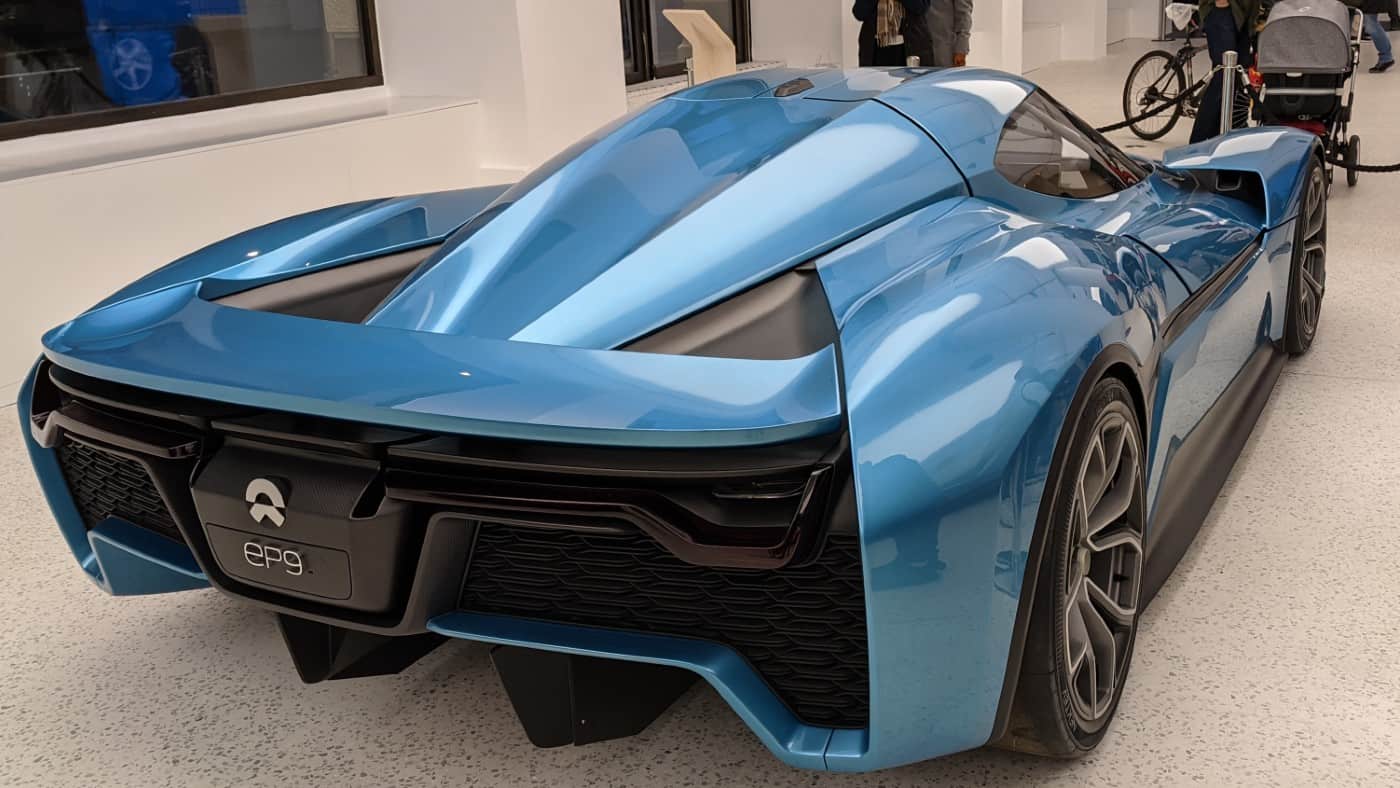After a meteoric rise in 2020, the NIO (NYSE: NIO) share price has slumped 57% since then, with the stock currently down over 20% year-to-date. However, yesterday saw the Chinese electric vehicle (EV) manufacturer’s share price spike 8% amid the reveal of a new SUV, set for release in April.
So, with the stock currently trading at a slither of its all-time high, is now the time for me to capitalise by adding NIO to my portfolio? Let’s take a look.
Why did NIO rise?
Let’s begin by looking at why the NIO share price spiked yesterday. This was the unveiling of a new medium-sized SUV, officially named the ES7, announced by Qin Lihong, president and co-founder, on Tuesday. Positioned between the ES6 and ES8, the ES7 is based on the firm’s NT2.0 platform, an electric driving system equipped with nearly 20 assisted driving functions. And, with its release reflecting NIO’s continuous expansion, investors clearly took a liking to this news.
Further, if this release follows in the footsteps of NIO’s impressive delivery figures, then it could provide a boost for the firm. Its latest delivery data showed that January deliveries for 2022 represented a 33% year-on-year increase. This was the equivalent of nearly 10,000 vehicles delivered. As a potential investor, these are all positive signs.
NIO share price concerns
However, there are a few issues I see with NIO. One of these is the regulatory pressure it faces within China. The ride-sharing company Didi Global recently delisted from the American markets amid pressure from the Chinese government. And there is the potential this could happen to NIO.
A further concern for me regarding NIO is rising interest rates. As my fellow Fool Dylan Hood highlighted, inflation data came in at 7.5% year-on-year for January in the US. The Federal Reserve is expected to raise interest rates in March. The picture is also similar in the UK, where rates have already begun to rise.
This is an issue for NIO for a few reasons. Firstly, in uncertain times like these, investors tend to switch their money to more stable value stocks, meaning growth stocks (such as NIO) are the hardest hit. It also means the debt NIO has will become harder to pay off, potentially stunting growth.
As the EV market continues to grow, there is also the issue of competition. While NIO has seen large growth since its IPO back in 2018, as more established manufacturers venture into the space, the firm may struggle to compete. A prime example of this is Ford, which recently vowed to be all-electric by 2030. As these firms potentially gain market share, this could have negative connotations for the NIO share price.
What I’m doing
So, while I think NIO’s potential is clear through its impressive delivery numbers, too many issues currently surround the stock. The continuing pressure being applied by regulators provides a constant threat for it. And rising interest rates will load further problems onto the EV maker. I don’t currently hold any shares of NIO, and due to these pressures. I won’t be looking to add any in the near future either.








